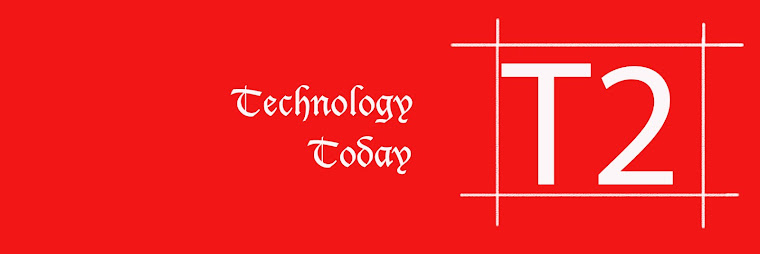
A new application called BlinkMail, launching into beta today, offers Mac users a different way to manage their email inbox from their desktop. Though competing in the same general space as other OS X mail clients like Sparrow or Airmail, what makes BlinkMail interesting is that its main focus is on email triage. Its user interface is inspired by gesture-based mobile apps like Mailbox, letting you quickly move through your message list by taking decisive actions, like archive, delete, reply or even send to Evernote or Dropbox, for example.
BlinkMail is the latest product from Moscow’s YaM Labs, a SaaS solution provider and maker of tools for more efficient meetings and email add-ons like Powerbot. The 10-person team is headed by Anatoly Gaverdovsky, a Russian entrepreneur and former CEO of VDI (EPAM) and CTO Pavel Yakhitov, previously of Mail.ru. The startup is backed by $2 million in funding from Foresight Ventures and other investors.
Like its earlier tools, BlinkMail’s overall goal is one involving increased efficiency. After installing the email client, you can customize your Mac’s arrow keys as you like, setting one as the delete or archive action, another for replies, one for adding a label, another for sending the message to a cloud storage service, and so on.
BlinkMail today integrates with Dropbox, Evernote, Things, and OmniFocus for saving emails and notes, while also letting users quickly accept or decline event invitations from its main interface.
Its keyboard shortcuts enable users to get through as many as 100 emails in about 200 seconds, the company claims.
BlinkMail is a free download (for Mac OS X 10.9 and above), but a premium version for $19.99 is on the horizon, which will include support for multiple accounts, reminders and the Evernote integration. iPhone and Windows applications are also in the works, the company says.
Personally, I’m unsure that our desktop-based email clients should try to exactly mirror our mobile experiences – after all, the reason why standalone triage apps for smartphones took off is because full email management solutions aren’t really available (yet) for the smaller screen. Better to do lightweight tasks, like email clean-out, for example, and leave the more complicated emails and appointment-setting for when we’re back at our desktops or laptops.
That being said, my perspective on email comes from having spent years in corporate environments using Outlook, and later on moving to cloud-based — and fairly robust — solutions like Gmail and Google Apps. A new generation of users, however, is growing up mobile-first, where tablets like the iPad are their first computers. For these users, desktop apps that more closely resemble their mobile counterparts may be preferred.
At the very least, for either group, BlinkMail could serve as a complementary app to your preferred, default email experience.
The beta version of BlinkMail is available for Mac users here.


